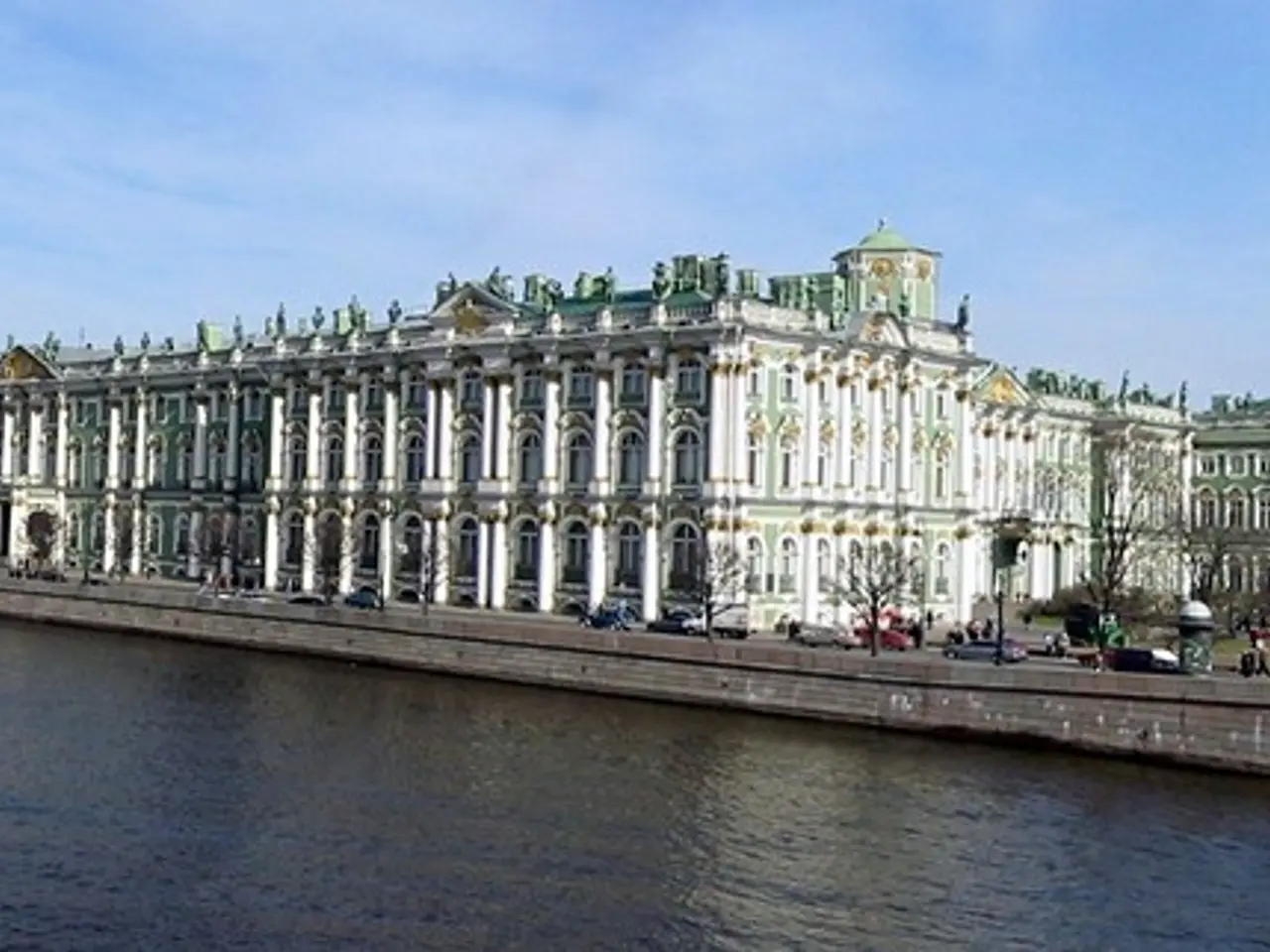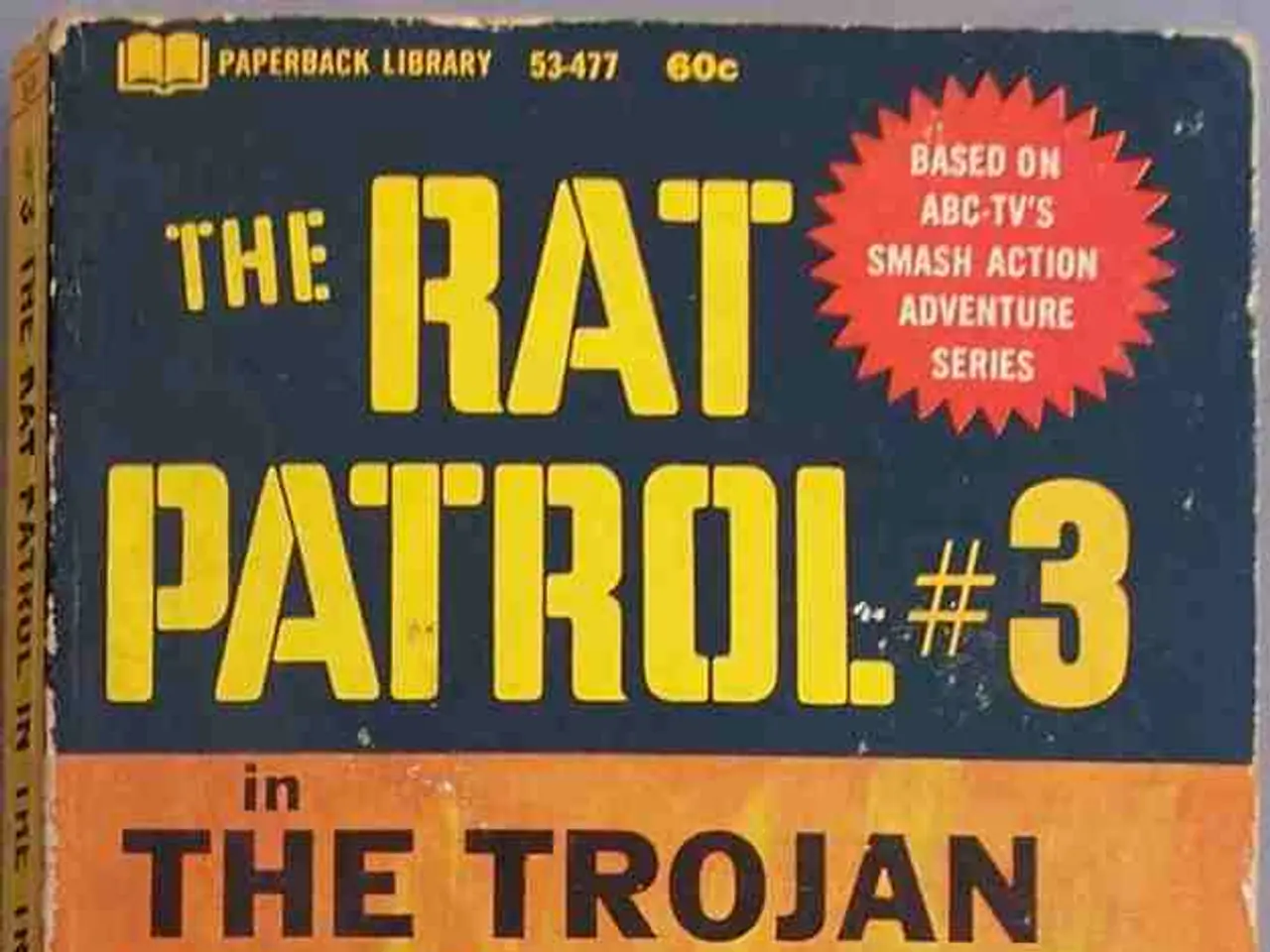Conflict in Gaza: Revealing the Hollow Nature of Western 'Rule of Law'
In the latest drama unfolding, whispers about potential arrest warrants for top Israeli political and military leaders have been making headlines.
There's a swirl of speculation that the US would intervene to prevent this and Israel might retaliate, with Prime Minister Benjamin Netanyahu reportedly appearing more than usually agitated at the prospect. The ICC Prosecutor's office hinted at US activism and Israeli threats in a solemn yet clear statement, sending ripples throughout the global community.
Netanyahu has already labelled the potential warrants as an "historic outrage." Drawing parallels to the Holocaust, he argued that this would be the first time a democratic country engaging in self-defense would be accused of war crimes.
Israel has even threatened retaliation against the Palestinian Authority if the ICC proceeds with the warrants, potentially causing its collapse. Ensnared in controversy, Netanyahu has been accused of insensitivity for allegedly asking hostage families to lobby the ICC on his behalf.
Ironically, while asserting the ICC has no jurisdiction over Israel, the US has supported investigations into Russia over the war in Ukraine, demonstrating a curious case of selective justice. The situation has escalated, with the US imposing sanctions on ICC officials for investigating alleged US war crimes in Afghanistan, further muddying the waters.
Claiming to uphold a 'rules-based order,' the US justifies its actions, often using terms like "rules-based order" and "international law" interchangeably. However, this term lacks a formal definition and has been criticized for its vague and subjective nature.
As the International Court of Justice questions the competence to hear disputes based on these undefined 'rules,' the Nato intervention in Kosovo, the 2003 invasion of Iraq, the 2011 intervention in Libya, the ongoing meddling in Syria, and Israeli actions in the Middle East may serve as exhibits of questionable adherence to international law.
Whether or not the warrants are ultimately issued, the situation presents a stark reminder of the complexities and challenges posed by upholding global justice in an era of great-power competition. The ongoing struggle to balance political expediency with international law will likely continue to fuel debate amongst nations.
- The global media is abuzz with analysis of the potential impact on human rights and peace in the Middle East, as opinion pieces debate the implications of the possible warrants targeting Israeli leaders.
- Amidst the general news of war-and-conflicts, the looming prospect of a clash between Israel and the US over these warrants has sparked protests worldwide, with demonstrators raising banners demanding justice and adherence to policy-and-legislation.
- In the midst of this tumultuous situation, Syria and Palestine are once again caught in the crossfire, with their human rights concerns overshadowed by the politics of war-and-conflicts.
- The International Court of Justice is faced with a daunting task, as it navigates the complexities of war-and-conflicts in areas like Syria and Israel, seeking to uphold a 'rules-based order' in the face of great-power competition and selective justice.
- As the ICC Prosecutor's office wrestles with jurisdiction, it finds itself under scrutiny for its role in war-and-conflicts, as some argue that its actions, or inactions, in situations like the Israel-Palestine conflict, undermine the credibility of international law.
- In the midst of these warrants and potential retaliations, the media is tasked with delivering balanced news, reporting on the complexities of politics, war-and-conflicts, and human rights with sensitivity and objectivity.
- As the world watches this drama unfold, it serves as a stark reminder that global news, particularly war-and-conflicts and human rights, is far from black and white, and navigating policy-and-legislation in these areas is a complex dance between international law, political expediency, and the pursuit of justice.





